Lapsed LEGO fans can emerge from their Dark Ages and re-enter the hobby via any number of different routes, but one of the most common motivations seems to be a desire to rediscover the beloved sets of their youth. That was certainly a major factor for me; while the initial trigger was the arrival of 10188 Death Star as a Christmas present, the next stage was a protracted trawl through my childhood LEGO collection and the painstaking restoration of my childhood sets. The desire to replace missing parts lead to the discovery of Bricklink, while building instructions were secured from the likes of Brickset and Peeron; the realisation that boxed examples of my childhood favourites could be secured, at a price, from the likes of eBay and Bricklink lead to ever more expensive competition with fellow AFOLs, and thus was my descent into obsessive LEGO fandom confirmed....
I think the first set that I scraped together from my childhood collection and then subsequently purchased a boxed example of was probably 928 Galaxy Explorer (above). Over time I gradually tracked down boxed examples of other childhood Classic Space favourites via eBay and Bricklink, after which I started to home in on sets that I'd never owned as a child in order to try and expand my collection. A number of Classic Space sets have remained stubbornly elusive over the years, however, with reasonably priced boxed examples being hard to come by, but I did recently manage to track down one of them, 924 Space Cruiser, so I thought I'd share it with you here.
According to Brickset the name of the set is Space Transporter, while Bricklink calls it Space Cruiser. I'd normally side with Brickset, out of loyalty to my favourite LEGO site if nothing else, but in this case I consulted the excellent LEGO Collector's Guide, Second Edition which calls it Space Cruiser so I went with that. The front of the box (above) consists of a flap which lifts up to reveal the set contents. The flap is printed with a slightly over-exposed image of the LL 924 Space Cruiser spacecraft in flight over the surface of a barren planetoid. A blurry forklift, the set's small ancilliary build, is pictured in the background along with one of the set's two minifigures. Unfortunately, my copy of the set features the unwelcome 'bonus' of an unsightly mark caused by ancient adhesive tape running across the front of the box; normally such an addition would discourage me from parting with my cash, but when boxed examples of a set are in such short supply you sometimes just have to bite the bullet. The back of the box (below) showcases a number of alternative builds which can be assembled from the set contents.
The A4-sized instruction booklet arrived folded in half in order to fit into the box but has been unfolded here so I could photograph it. The front cover (below) features an upper panel which reproduces the artwork from the front of the box, while the lower panel contains assembly instructions for the set's two minifigures together with a small cargo container.
The back of the instruction booklet (below) showcases a number of Classic Space sets from 1978 and 1979, a sight sure to bring joy to the hearts of nostalgic AFOLs worldwide!
The box also contains a folded promotional leaflet which advertises offerings from a myriad of different LEGO themes from Duplo to Castle, Technic and beyond. You can see the panels promoting a selection of Classic Space sets below, and I've also scanned a few of the other panels which you can see on the Gimme LEGO Flickr stream here.
As mentioned above the set contains two minifigures. I've waxed lyrical about these guys in previous reviews, for instance here and here, but I make no apology for reiterating how much affection I still have for them almost 40 years after my first encounter. The iconic Classic Space torso print, which has launched a thousand t-shirts, has predictably faded somewhat on the red figure but looks surprisingly fresh and sharp on the white figure even if the torso has yellowed a little over the years.
Most notable from the rear are the air tanks, the design of which is the same now as it was back in 1979. There's no backprinting on the torsos or the classic smiley heads.
With the minifigures assembled it's time to start on the build proper. First to be constructed is a small cargo container. This consists of white left and right 1 x 3 x 1 doors and little else, although at least the doors can be opened to provide access to the cargo, a trans-green 1 x 1 round brick. A simple forklift is provided to move the cargo around; while only consisting of seven elements, the vehicle features an impressive light grey spring-loaded fork assembly at the front which only ever appeared in this set, its U.S. doppelganger (487) and a rare Service Pack which I wasn't even aware existed until I wrote this article.
The ship itself is built on a light grey 16 x 6 plate, upon which various other light grey plates are progressively stacked in order to form the distinctive Classic Space silhouette. As in the likes of 918 and 928 light grey left and right 8 x 4 wedge plates play a key role in defining the outline of the ship, while even early on in the build further nods to other Classic Space offerings are provided by way of the yellow and black detailing on the wings and the trans-green and trans-red 1 x 1 plates. The ship is supported underneath by four 2 x 2 x 2 stands, and a couple of 2 x 2 round bricks are also attached to the underside, presumably representing vertical thrusters.
I'm not sure there's such a thing as a 'beloved LEGO element' but if there was then the blue 33 degree 3 x 6 slope printed with the Classic Space Logo at the front of the ship would surely qualify. Both sides of the fuselage incorporate a blue 1 x 4 brick printed with the ship's 'LL 924' identifier; these printed elements are predictably unique to this set and its U.S. equivalent. The cockpit contains a couple of light grey 45 degree printed 2 x 2 slopes (this one and this one) which make up an instrument panel, and there's more than enough room for both minifigures despite the presence of a steering wheel. The cockpit is enclosed by a number of delicious trans-yellow elements including a pair of uncommon 33 degree 3 x 6 slopes which form the windscreen, 1 x 2 and 1 x 4 bricks, and a rare 4 x 10 plate. The fuselage walls also incorporate a pair of blue 1 x 2 bricks printed with the Classic Space logo.
From behind the view is dominated by a pair of light grey 4 x 4 x 2 cones which serve as the main engines. These have only ever appeared in a total of seven sets in this colour. They're mounted on the back of the brick-built cargo bay doors which swing open on swivel hinge bricks to reveal a compact cargo bay. The cargo bay doors incorporate a pair of blue 1 x 2 bricks printed with a down arrow. The blue 1 x 2 tile on top of the tail prevents the cargo doors from swinging open unintentionally.
The completed LL 924 build together with the forklift, cargo and minifigures can be seen in the picture below. The cockpit roof is attached via a pair of hinges which enable it to be tilted, thus providing cockpit access. The cargo bay can just about accommodate the cargo, but is nowhere near big enough for the forklift to fit into.
Having now built LL 924 and had the opportunity to compare it with its baby brother (918) and big brother (928) I reckon that in terms of its overall proportions it arguably looks the best of the bunch. For all its obvious splendour and deserved iconic status, LL 928 is maybe just a fraction too big and bulky to be considered sleek, while LL 918 is a bit of an ugly duckling. I think LL 924 hits the sweet spot in terms of size, however, and aside from the awkward transition from the light grey wedge plates to the modified 1 x 2 plate with handles at the front of the ship, and the row of exposed, open studs on top of the 4 x 2 x 2 tails on either side, I reckon it looks damn-near perfect.
Given the obvious merits of LL 924, it's interesting that boxed examples of the set seem to be so much harder to come by compared with 918 or 928, the implication being that the set didn't sell well. Maybe that's because it lacks the grandeur and playability of 928, with its landing pad, crater baseplate, moon base and moon buggy which fits inside the cargo hold, while simultaneously lacking the affordability of 918. Regardless of the reason, it's still well worth picking up if you can find it at a reasonable price.
Set 924 Space Cruiser was released in 1979 and contains 170 pieces. I purchased my copy from eBay for around £90, having waited a long time for an affordable boxed example to be listed there. If however you're not willing to wait, various sellers have the set listed for sale on Bricklink, with prices for a boxed example starting at £125 plus shipping. At time of writing there are only three complete boxed copies available, however, so be quick!

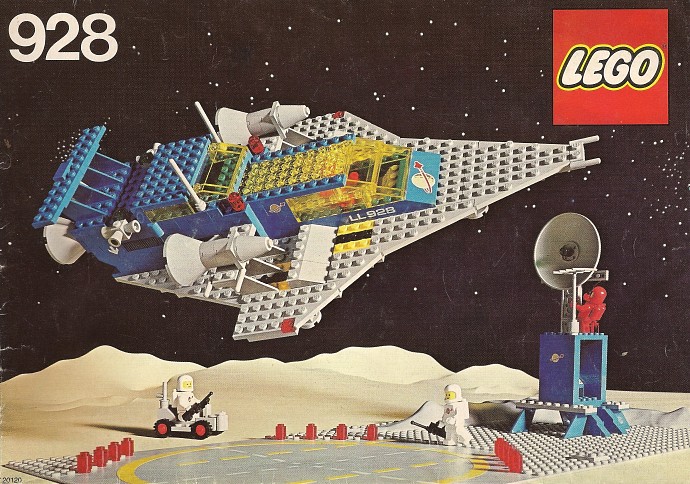
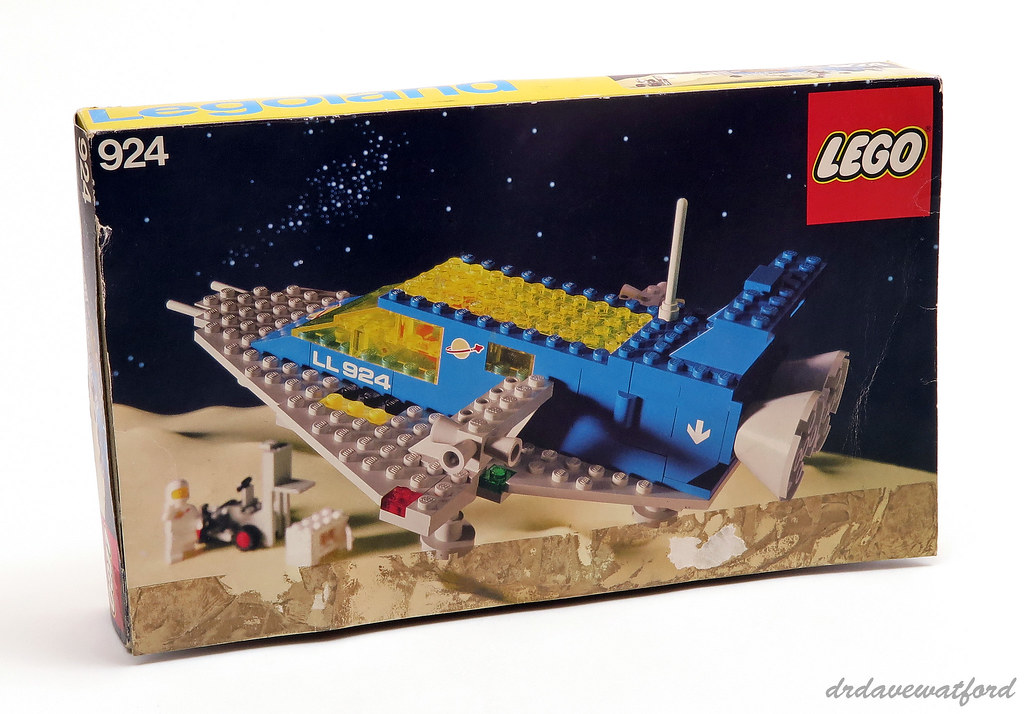
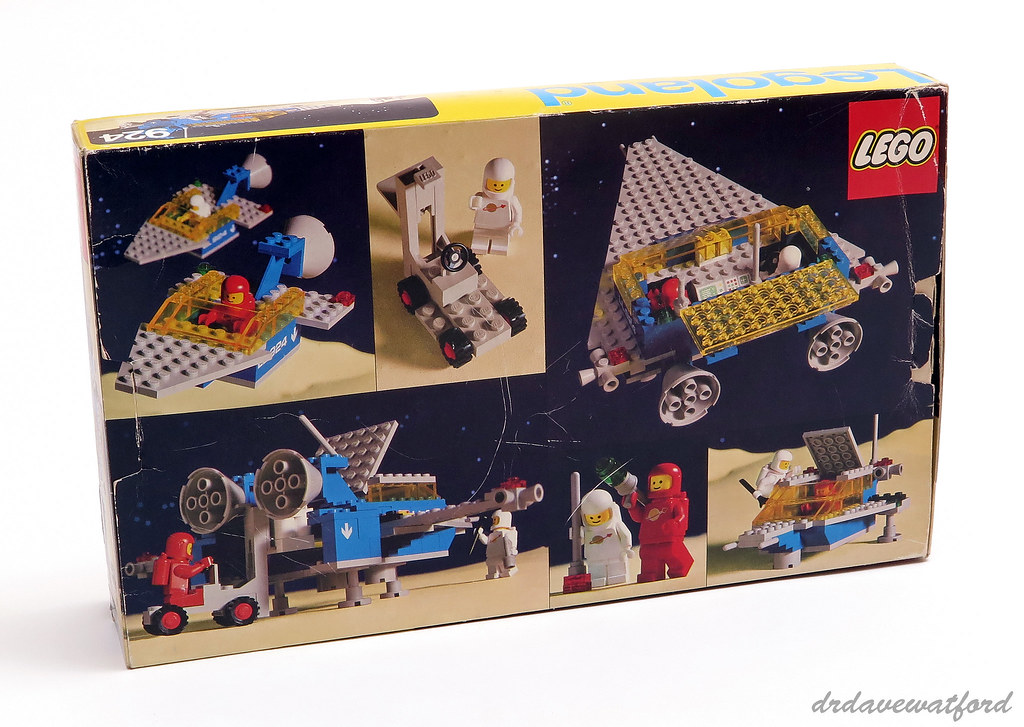
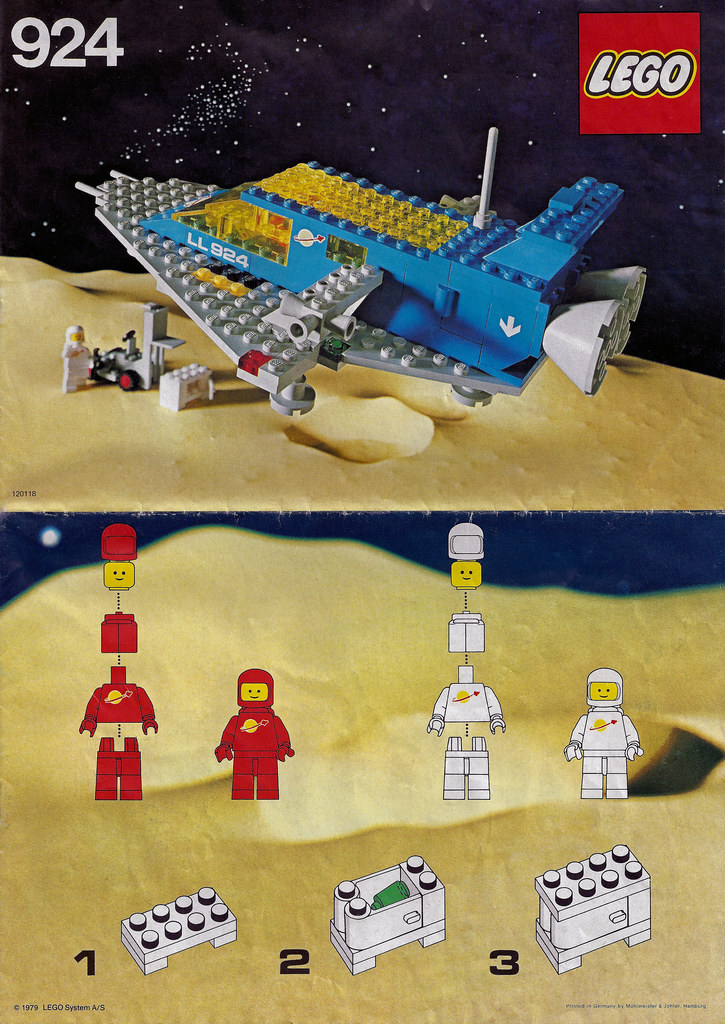
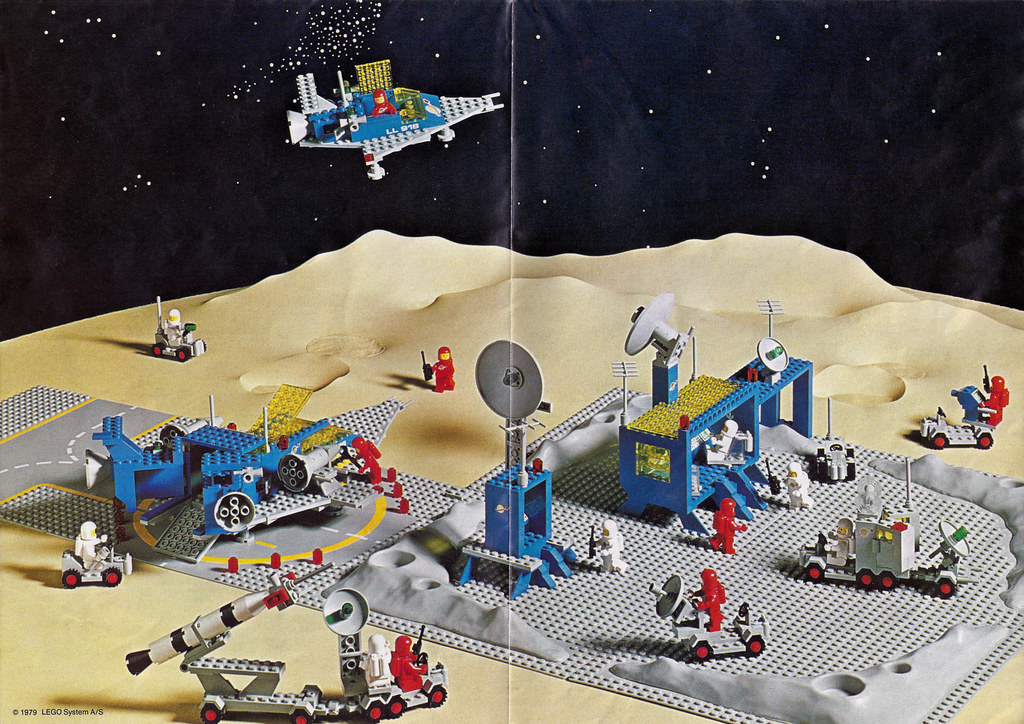
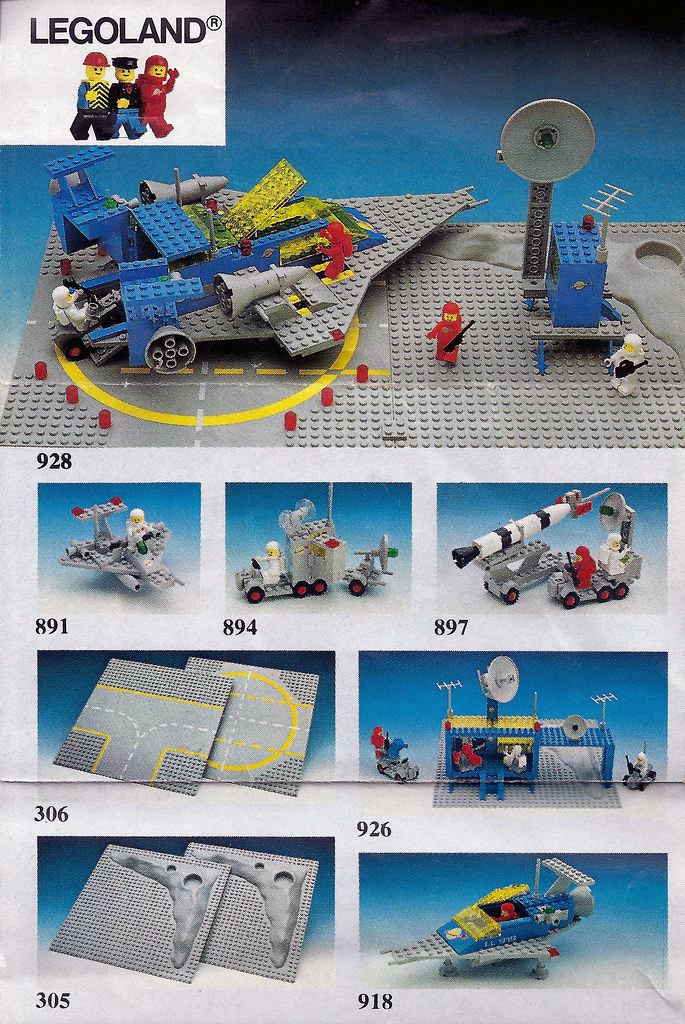
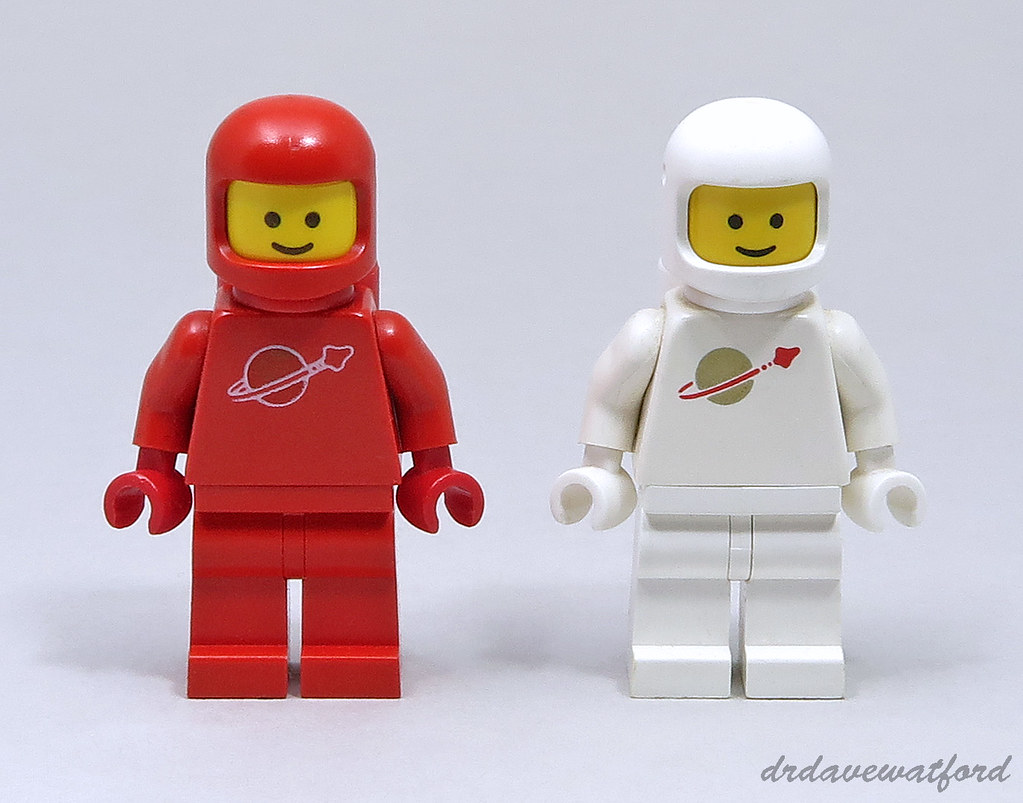
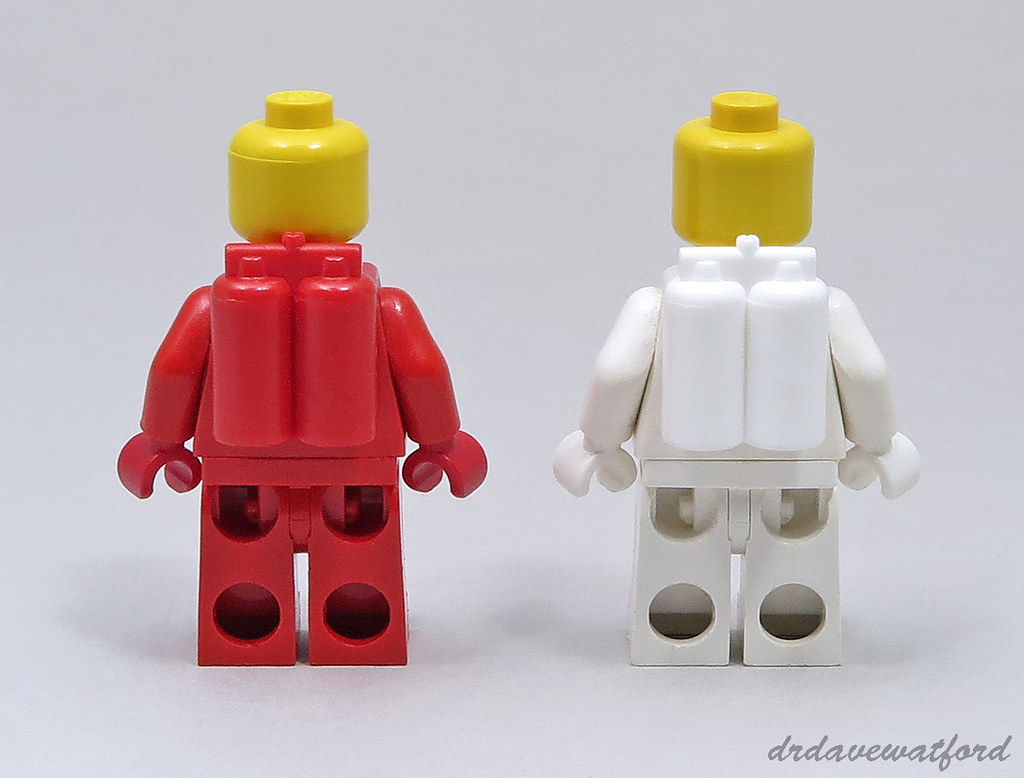
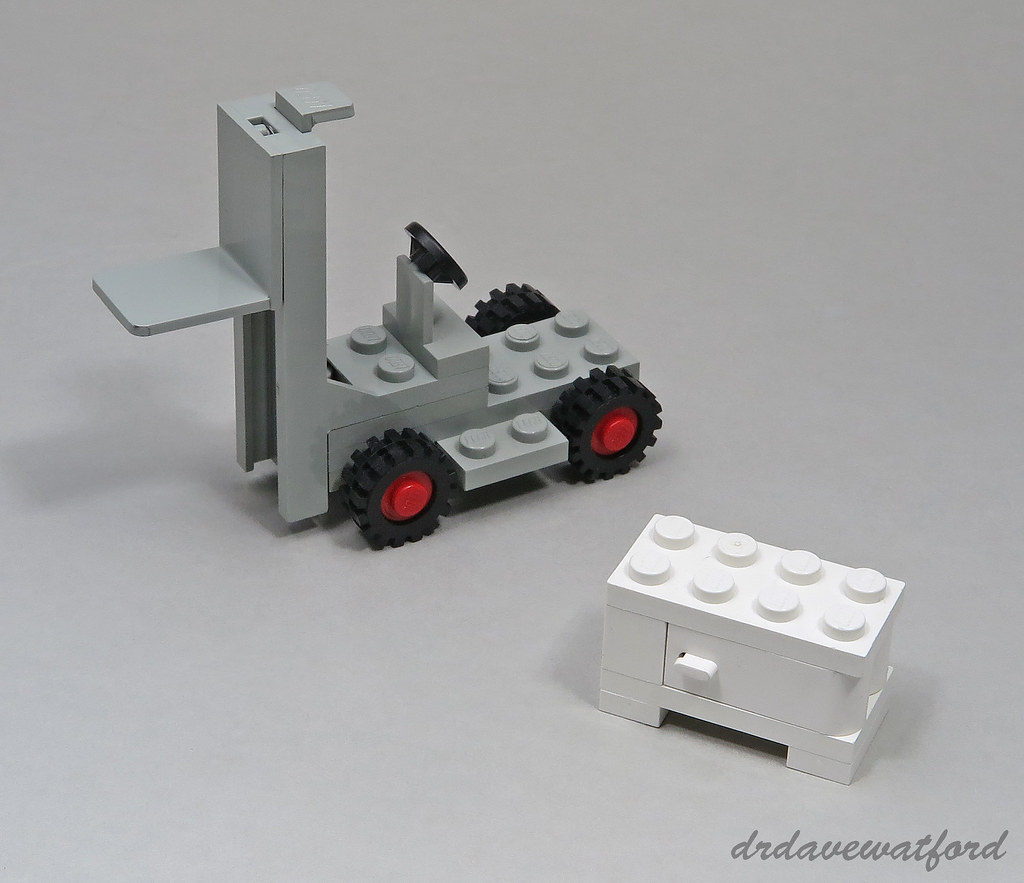
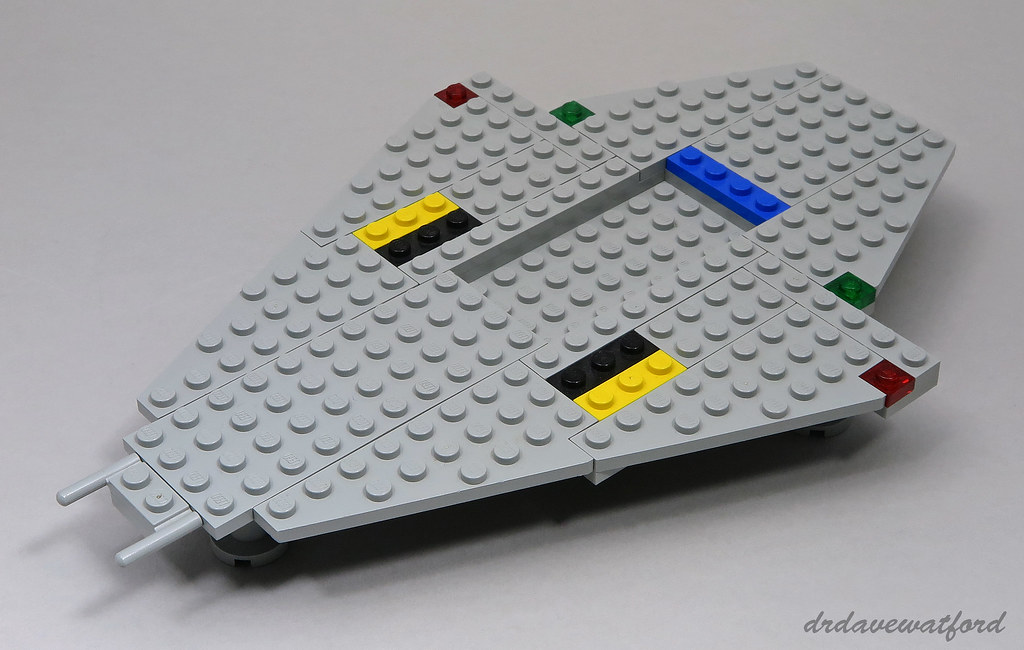
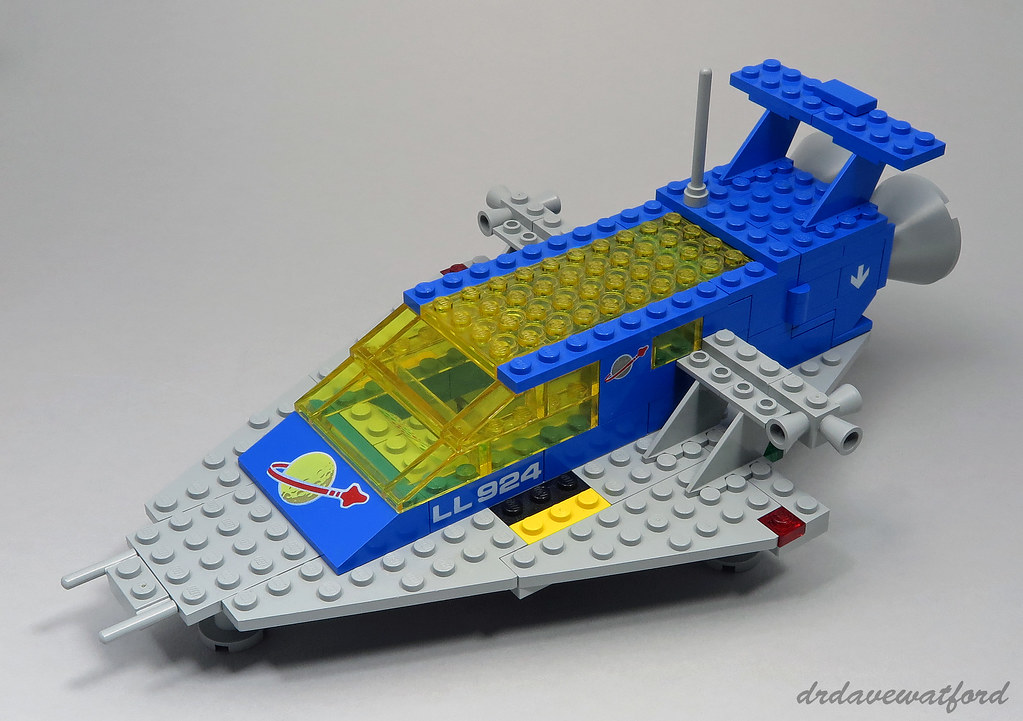
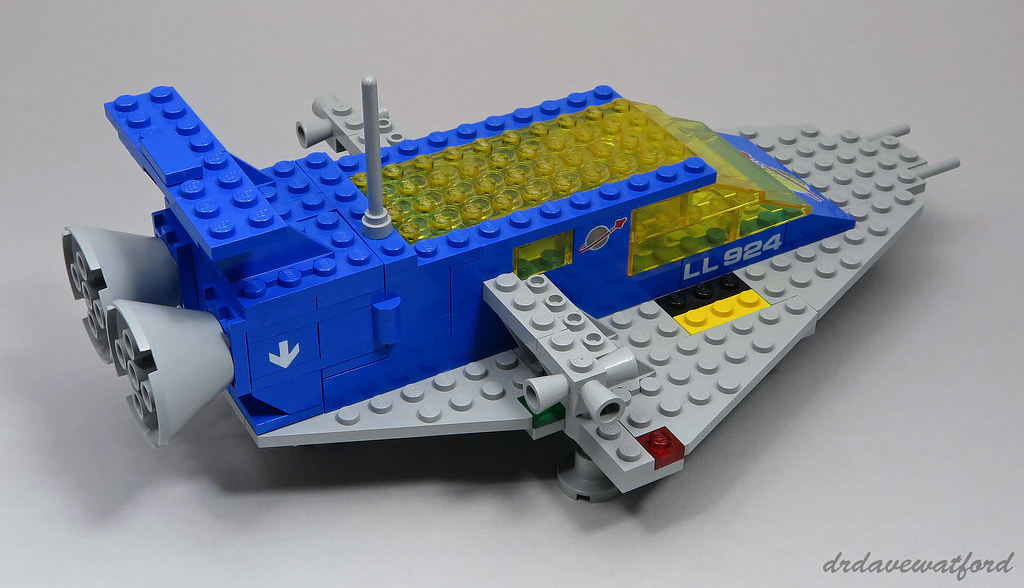
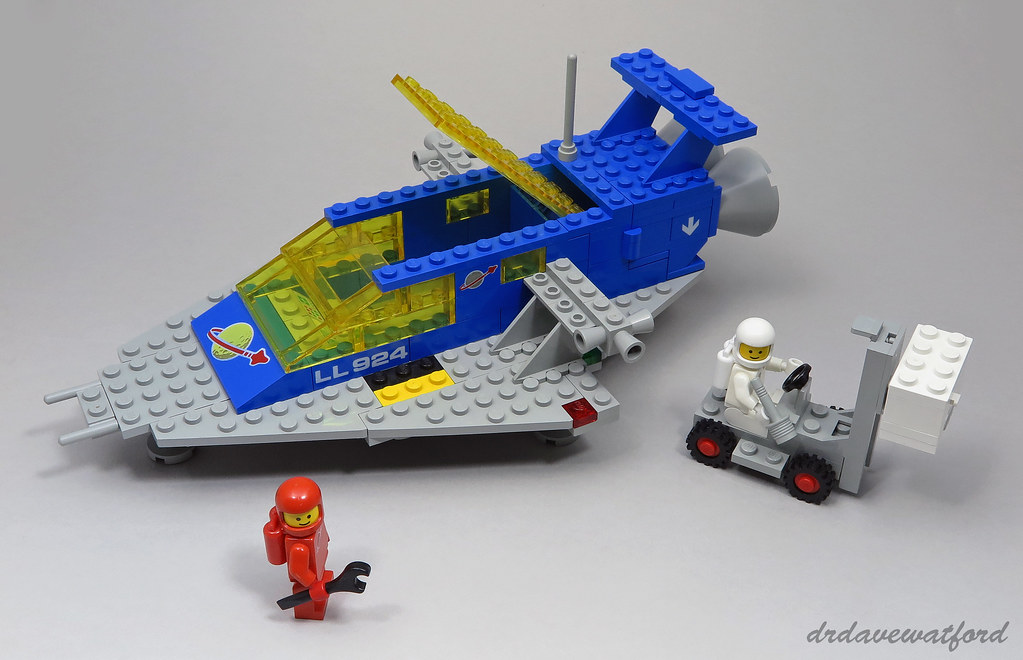
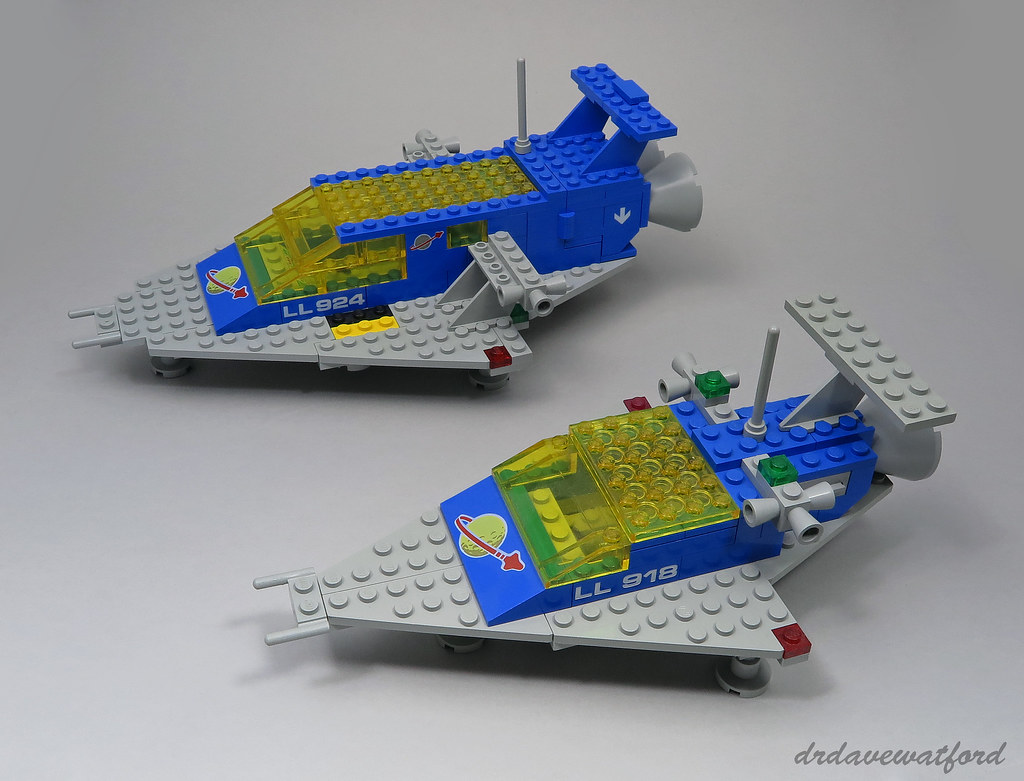
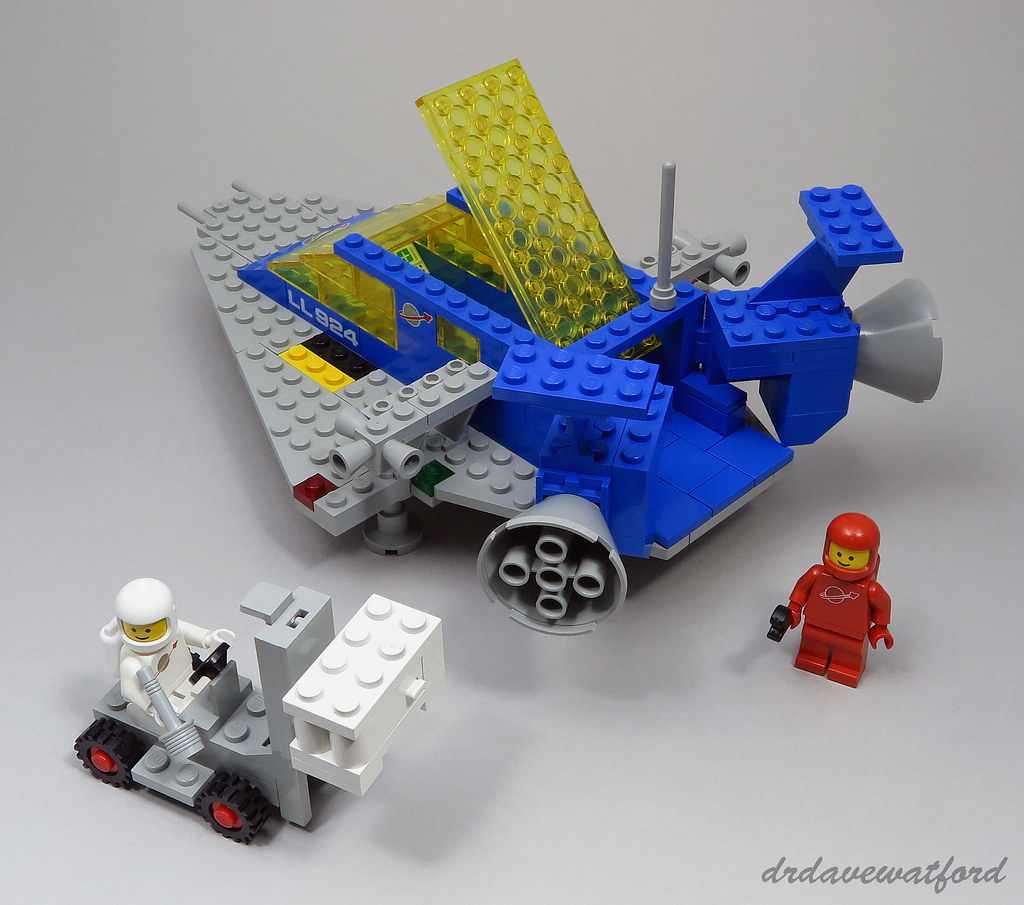
Great review thanks. I've "scratched my itch" and now have all of the 1979 - early 80s classic space sets in boxes... The photo of the back of the minifigs' heads shows something interesting that I've never found the answer to. If you notice, the red spaceman's head is the standard shape but the white one is more "squared off" or rectangular. I have a lot of old minifigs and a small minority are these different ones. I'm not sure if they were an alternative run or what. Any ideas?
ReplyDeleteI'd never noticed this before, but now you mention it I see what you mean.... Presumably there are a number of variants of the classic smiley minifig head, perhaps due to tweaks in the design over time driven by technical or other considerations. This is certainly the case for other elements, e.g. modified 1 x 1 plate with vertical clip.
DeleteI forgot to comment on the blog when you’ve looked at a Classic Space set!
ReplyDeleteThese most classic of classic space sets are my favourites and 928 was an early Christmas gift that I received. I remember sitting at the dinning table putting it together over the Christmas in question.
I picked up 924 about 10 years ago and the spring element was a bit bandy so I ended up buying a new one from Bricklink, I can’t remember how much but I bet I winced at the time!
For the last couple of years I have had a plan to refurb all three of the orgional classic space ships by dealing with any faded elements. I will get round to it eventually but for now I will satisfy myself by ordering elements in old grey from Bricklink.
Great post Dave! Funnily enough I had 928 and 918 when I was a child, but never got 924, so its kind of mythical for me. I still have all my old bricks and instructions, but haven't looked at them for a long time so I imagine oneday I'll have to undertake a project to bricklink them back to their glory.
ReplyDeleteI'm not sure if its just nostalgia, but when I look at the old cover shots and catalogue pages with the dioramas on them, I can get lost in them and it takes me back and I can start daydreaming about the play possibilities. Such good times - I just don't get that kind of thing with the modern sets
It is great model. Where can i have it?
ReplyDeleteBricklink.com would be your best bet.
Delete